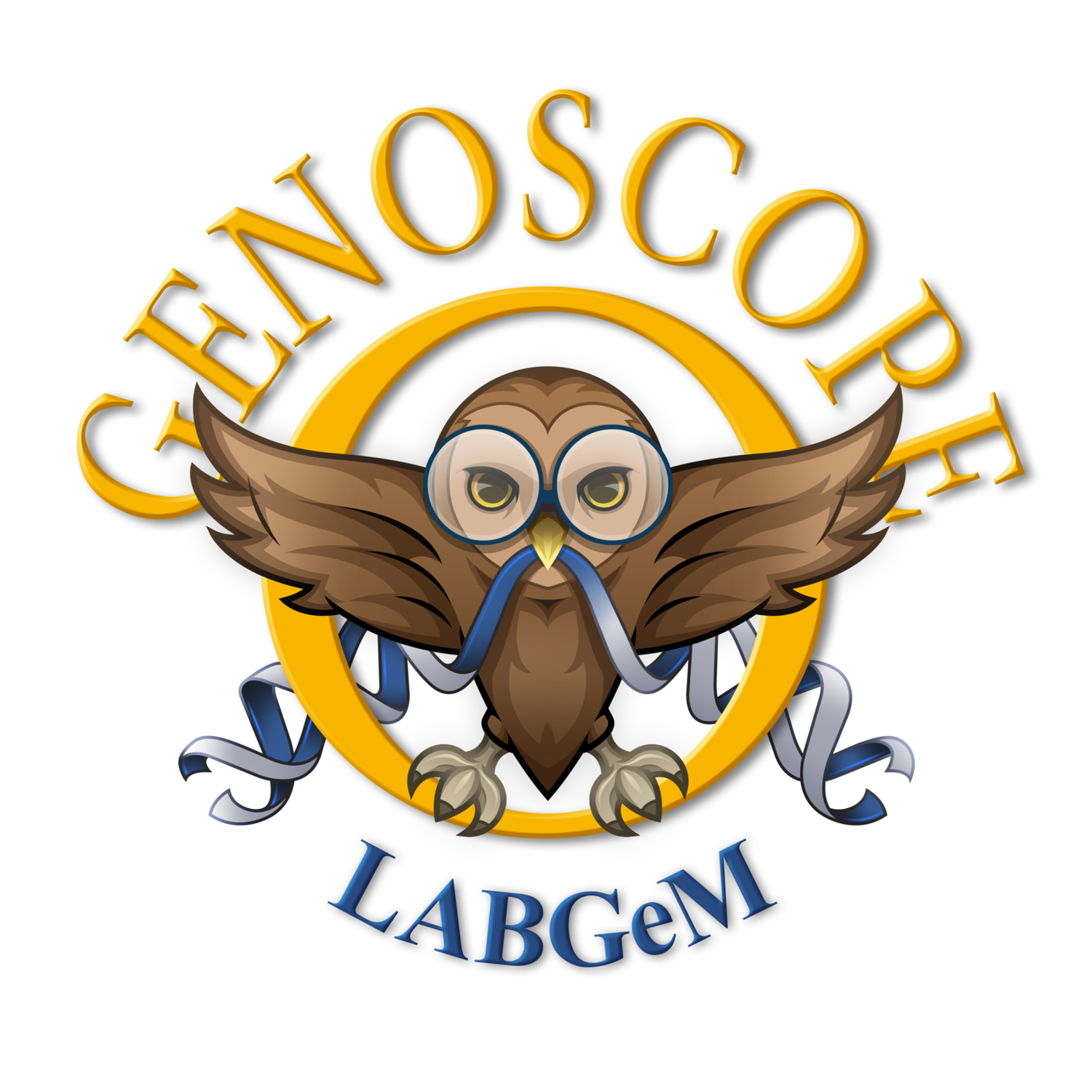The climate emergency requires us to move from an economy based on fossil fuels to a sustainable
energy mix, allowing a transition from our carbon-based societies to a more sustainable economy.
In this context, the valorisation of lignocellulosic biomass (LCB) is central for the development of
the circular bioeconomy. LCB is composed of carbohydrate-based polymers (polysaccharides) and
phenolic molecules (lignins), thus providing access to a wide variety of precursor or chemical
molecules, advantageously replacing those derived from fossil fuels. Polysaccharides, the major
components of LCB, are one of the most abundant renewable carbon resources in nature. However,
these polymers are highly resistant to chemical or biological deconstruction, therefore microbial
consortia dedicated to biomass degradation employ a wide range of enzymes, many of which act
synergistically. Microorganisms also benefit from each microbe optimized strategy for degrading
biomass where enzymes act in close proximity to each other on the substrate.
The nanomachine project is funded by the French National Research Agency (https://anr.fr/ProjetIA-22-PEBB-0010)
The project aims at addressing the following scientific questions:
1/ How do enzymes work together and in synergy?
2/ Can we predict and optimize enzyme associations?
3/ Can we develop efficient and versatile multi-enzyme assemblies (nanomachines) in order to tailor plant cell wall deconstruction?
Partenaires:
Toulouse-TBI (C. Dumon & C. Montanier) has a recognised experience in the degradation
of hemicellulosic biomass using bacterial glycoside hydrolases from bacterial sources isolated from
genomic and metagenomic libraries, in computational structural biology (I. André) and artificial
intelligence methods for protein analysis and design (S. Barbe), and benefit from the expertise of the
ICEO high-throughput enzyme screening platform (S. Bozonnet and S. Pizzut-Serin).
Paris-The Genoscope (V. Berardinis & A. Tolonen and D. Vallenet) are specialists in metagenomic
screening and sequence-based discovery of enzymes including oxidases, metabolic enzymes and
esterases from diversity.
Marseille-BBF (M. Lafond newly arrived at BBF, J-G. Berrin & M-N. Rosso) are specialists of fungal
enzymes involved in biomass degradation, especially oxidoreductases (LPMOs, oligosaccharide
oxidases) and also host the 3PE platform (M. Haon) for fungal enzyme production, which belongs to
the national infrastructure IBISBA.Fr.
Marseille-The glycogenomic team of AFMB (N. Terrapon & E. Drula) are experts in carbohydrate
active enzymes and auxiliary enzyme annotation.
The project will rely on the resources of several platforms, as full partners in the consortium: the
CAZy Bioinformatic platform (AFMB, Marseille), the Cloning and Screening Bioconversion facility
(Genoscope, Evry), the Pichia pastoris Protein Express (3PE) platform (BBF, Marseille) and PICT-
ICEO (TBI, Toulouse).
